Salzwedel shoulders responsibility for Great Britain's team pursuit defeat
German admits selection error for final against Australia
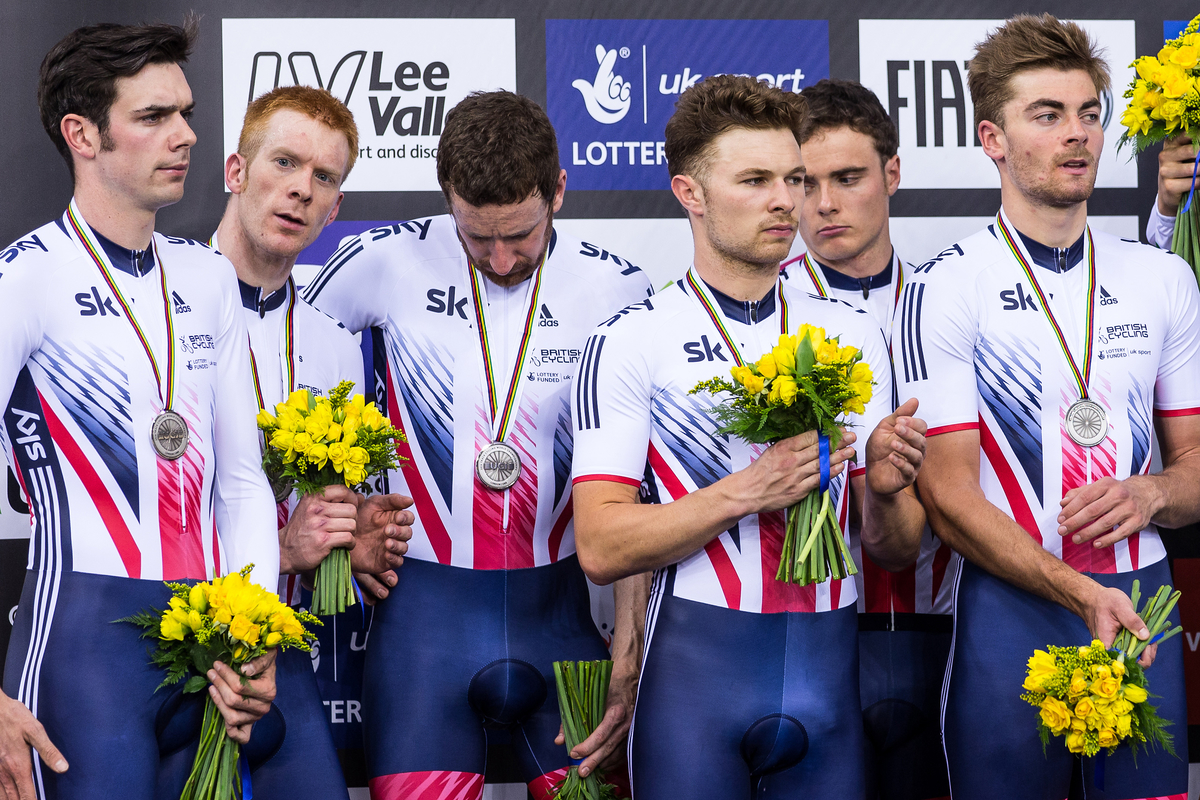
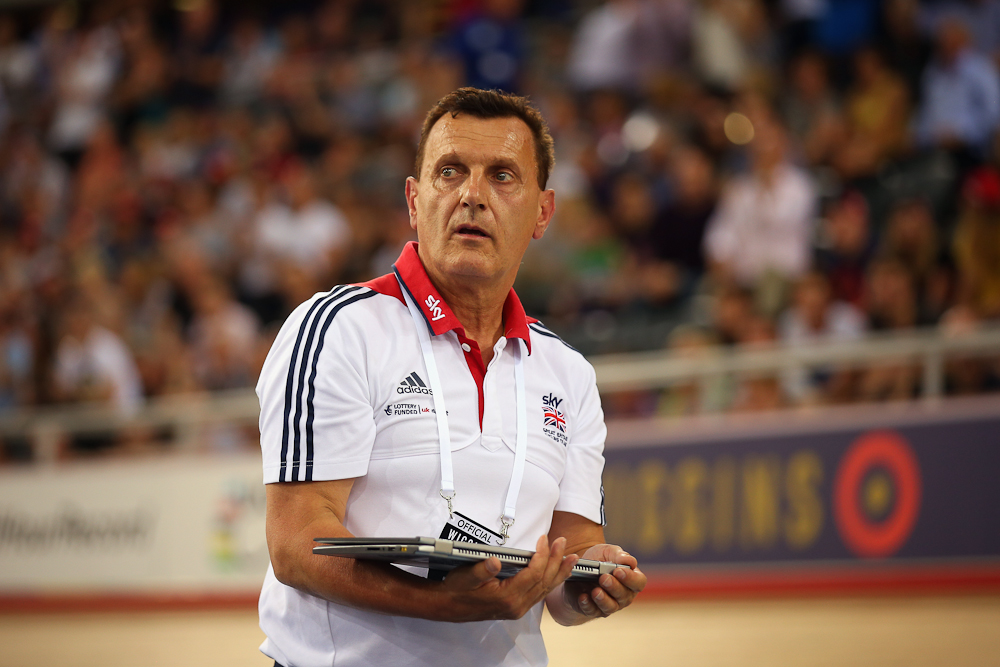
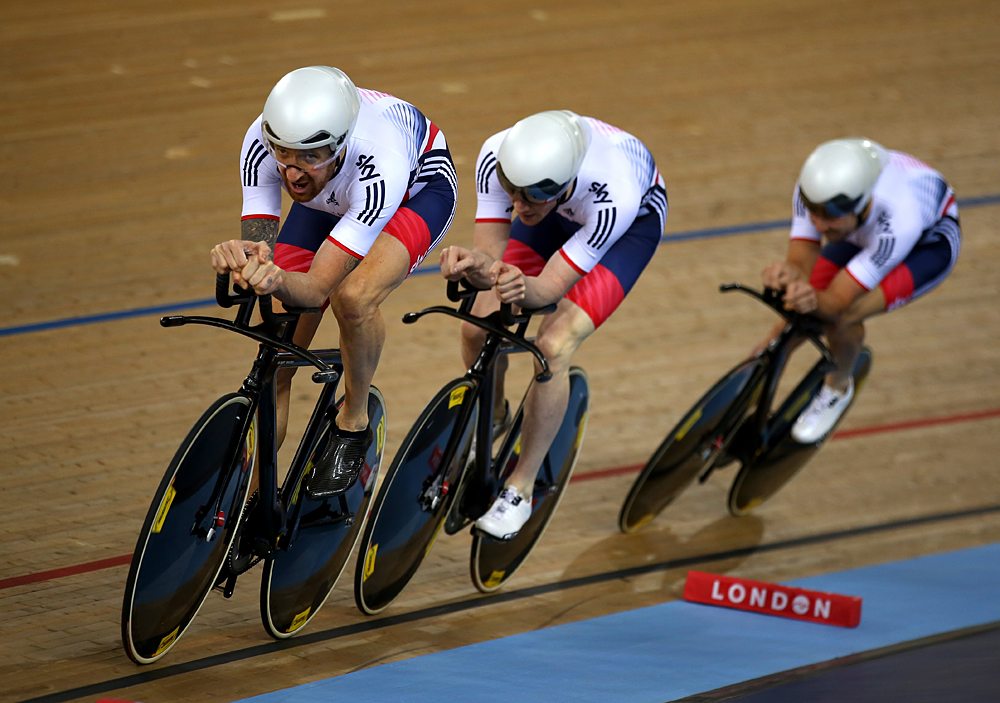
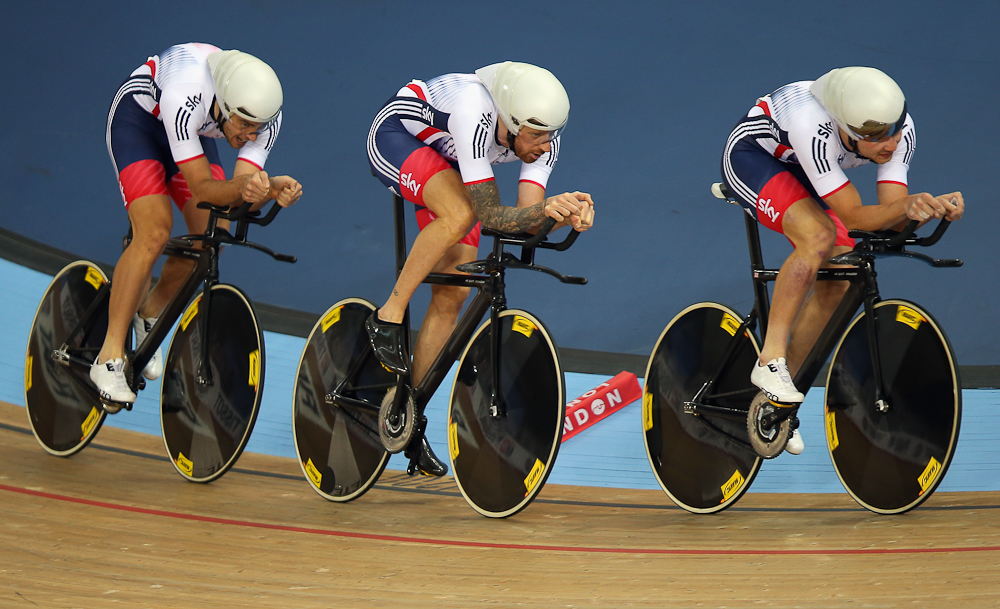
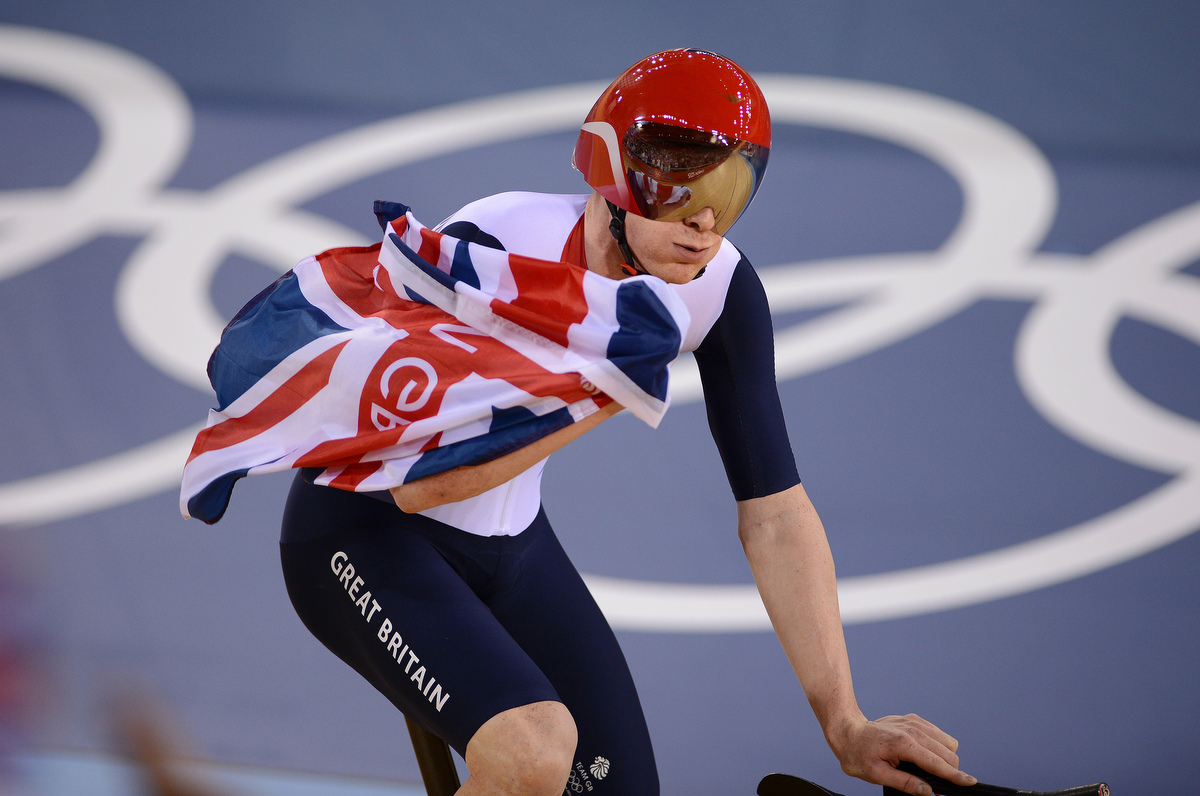
Heiko Salzwedel has taken complete responsibility for Great Britain’s defeat to arch-rival Australia in the men’s team pursuit at the UCI Track World Championships, admitting that he may have got his selection wrong, insisting that he based it on an ‘emotional’ decision.
Wiggins says he would not have returned to team pursuit without Salzwedel
Wiggins: Team pursuit world records could tumble in London
Heiko Salzwedel: Great Britain expected more opposition in team pursuit
Salzwedel: Winning takes precedence over world records - Track Worlds News Shorts
Track Worlds: Australia tops GB in team pursuit, Trott claims Britain's first gold
Wiggins and Burke rally around Clancy after gold slips in Worlds team pursuit
The admission came after Great Britain came agonisingly close to winning the world title but saw Ed Clancy tighten up in the final lap. The home nation had been 0.4 of a second up but lost by over a second. They set their fastest time since the London 2012 Olympic Games and Salzwedel shielded his riders from any criticism.
“It was a fantastic ride and I can’t criticise anyone. It’s always hard when you lose and it’s that close and you’re leading with one lap to go. Saying that, this is high performance sport and life isn’t fair. It’s a disappointing result but the overall performance was excellent,” Salzwedel told Cyclingnews on Friday.
“The only person you can blame here is myself because with Ed Clancy we took a risk.”
Clancy came into the World Championships without any competition in the last six months. Twelve weeks ago he was undergoing back surgery with his career on the line. Although he has made a brave recovery since then and pushed his way back into the team pursuit fold, Salzwedel confirmed that the rider had not trained for longer than 2,000 meters in training. On the eve of the Worlds, the team line-up was altered, with Clancy moved out of the qualifying team in order to test Steven Burke, who had a low-key championships by his standards.
“The original plan was to put him in the first round and let him go after 2km because he never trained for more than 2km before here,” Salzwedel told Cyclingnews.
“We changed that because Steven Burke had to prove a point because he was below expectations. So the plan was to have a fresh Steven for the final so the only one to blame is me because I was drawn into the Ed Clancy hype and all the euphoria we had in training with his excellent numbers just a couple of days ago.
Get The Leadout Newsletter
The latest race content, interviews, features, reviews and expert buying guides, direct to your inbox!
“It was an emotional decision and I should have been clear that Ed can’t deliver more than 2km. In competition you can only produce what you have done in training before. Like I said, it was an emotional decision and actually the riders pushed me on this.
"I got a bit drawn in with the passion and I should have probably made a stronger position against it. The general feeling was that ‘Ed Clancy would do it, Ed Clancy would do it’ and I was the only one who was questioning that but I wasn’t strong enough to say: ‘No, Jon Dibben, you are going to finish the race.’”
Salzwedel added that other factors may have played into the team’s performance, although it must be added that Australia needed to set a new national record in the final to take the rainbow jersey and the gap to Denmark in third was substantial at this level.
“We had really good depth but the pressure comes from the crowd and some people have to learn with that, deal with that. I’m pretty sure that we’ll get it right for August. I’m not saying we’re running out of time but Rio is the major one and this was a stepping stone.”
As for Burke’s performance, Salzwedel – who led Bradley Wiggins to the Hour Record last year – added: “I’m not able yet to get the maximum out of him for whatever reason. We have a couple of markers and things to analyse later.”
Daniel Benson was the Editor in Chief at Cyclingnews.com between 2008 and 2022. Based in the UK, he joined the Cyclingnews team in 2008 as the site's first UK-based Managing Editor. In that time, he reported on over a dozen editions of the Tour de France, several World Championships, the Tour Down Under, Spring Classics, and the London 2012 Olympic Games. With the help of the excellent editorial team, he ran the coverage on Cyclingnews and has interviewed leading figures in the sport including UCI Presidents and Tour de France winners.
